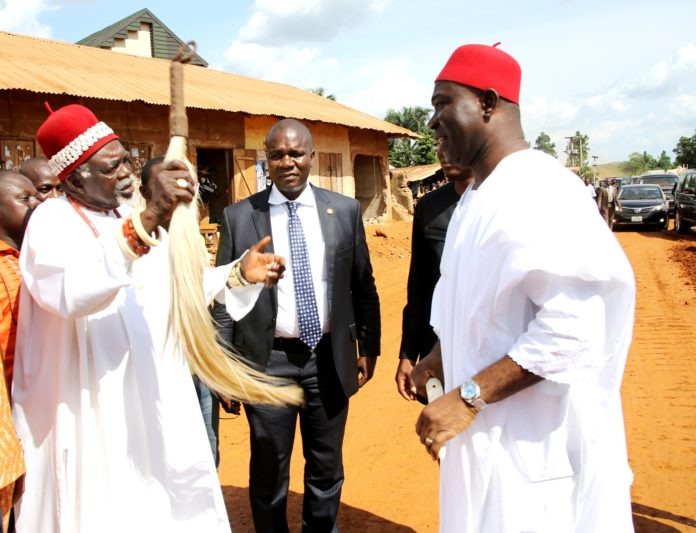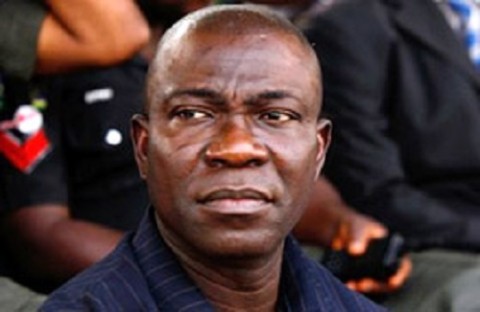By Larry Martins
The Economic Community of West Africa States (ECOWAS) Court of Justice, has urged the people of south east zone of Nigeria, to avail themselves of the opportunity and appreciate the special services renders by the court.
While addressing journalists in Enugu, the principal legal officer of the court, Mrs. Fransisca Offo, said despite the fact that it remains international institution, it renders some special legal services which makes it different from the conventional courts.
She maintained that any judgment delivered by the court is final, and cannot be appealed against anywhere, saying the court is made up of renowned independent judges, drawn from the fifteen ECOWAS member states, adding that justice and truth had remained its watch word since inception.
Mrs. Offo, a Nigerian, who led other top officials of the legal arm of the ECOWAS to Enugu, for a Radio/ Television sensitization programme, hinted that the court has its seat in Abuja, the Nigeria,s capital.
In her words:”the ECOWAS Court of Justice is the judicial organ of the Economic Community of West African States (ECOWAS) and is charged with resolving disputes related to the Community’s treaty, protocols and conventions.
The Court has competence to hear individual complaints of alleged human rights violations, adding that it was established on May 28,1975, under the Treaty of Lagos for the purpose of promoting economic integration across the region
ECOWAS comprises fifteen West African countries: Benin, Burkina Faso, Cape Verde, Côte d’Ivoire, Gambia, Ghana, Guinea, Guinea-Bissau, Liberia, Mali, Niger, Nigeria, Senegal, Sierra Leone, and Togo.
“The ECOWAS Court of Justice was created pursuant to the Revised Treaty of the Economic Community of West African States of 1993, and is headquartered in Abuja, Nigeria”.
She said the Court gained “jurisdiction to determine case[s] of violation[s] of human rights that occur in any Member State” in 2005 with the implementation of Supplementary Protocol A/SP.1/01/05, which followed the adoption of Protocol A/SP1/12/01 on Democracy and Good Governance, requiring that the Court be given the power to hear, inter alia, cases relating to violations of human rights”
While calling on the south east residents to embrace the court, the principal legal officer, said the court allows citizens of member states to file actions against the state and its institutions.
Offo, added that they were in Enugu to sensitize the people of south east on the operations of the court, which according to her, had been delivering landmark judgments over the years.
“Judgments of ECOWAS court are binding on all member states and their institutions, and also cuts across borders of members states” she stated.








